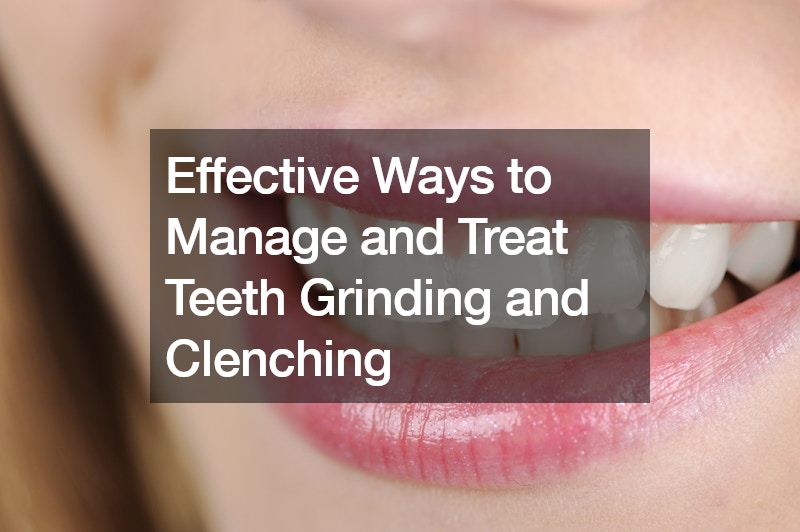
Teeth grinding and clenching, medically known as bruxism, is a common condition that can cause significant damage to your teeth and jaw. While the exact cause remains unknown, it’s often linked to stress, anxiety, and certain sleep disorders.
The constant pressure from grinding or clenching can wear down tooth enamel, increasing sensitivity and risk of cracks or fractures. You might also experience facial or jaw pain, headaches, and difficulty chewing.
If you suspect you grind or clench your teeth, a visit to your general dentist is crucial. They can examine your mouth for signs of wear and tear and discuss your symptoms.
Depending on the severity, your dentist may recommend various treatment options.
Managing the Root Cause
Identifying the underlying cause of bruxism is ideal for long-term management. Stress reduction techniques like meditation or yoga can be highly beneficial. A therapist can also help develop coping mechanisms for anxiety and tension.
For cases linked to sleep disorders, a general dentist might refer you to a sleep specialist for further evaluation and treatment. Addressing the underlying sleep issue can significantly reduce teeth grinding during sleep.
Protecting Your Teeth
Nightguards are a common and effective treatment for bruxism. These custom-made mouthpieces worn at night cushion your teeth and prevent them from grinding against each other. They can significantly reduce wear and tear, as well as alleviate jaw pain and headaches.
Lifestyle Modifications
Simple lifestyle changes can also help manage bruxism. Avoiding stimulants like caffeine and alcohol before bed can promote better sleep and reduce nighttime grinding. Additionally, practicing good sleep hygiene, like maintaining a consistent sleep schedule and creating a relaxing bedtime routine, can contribute to a more restful sleep and potentially reduce bruxism episodes.
Early diagnosis and intervention are key to managing teeth grinding and clenching. Consulting your general dentist will allow you to explore treatment options and protect your oral health from the damaging effects of bruxism.
.




